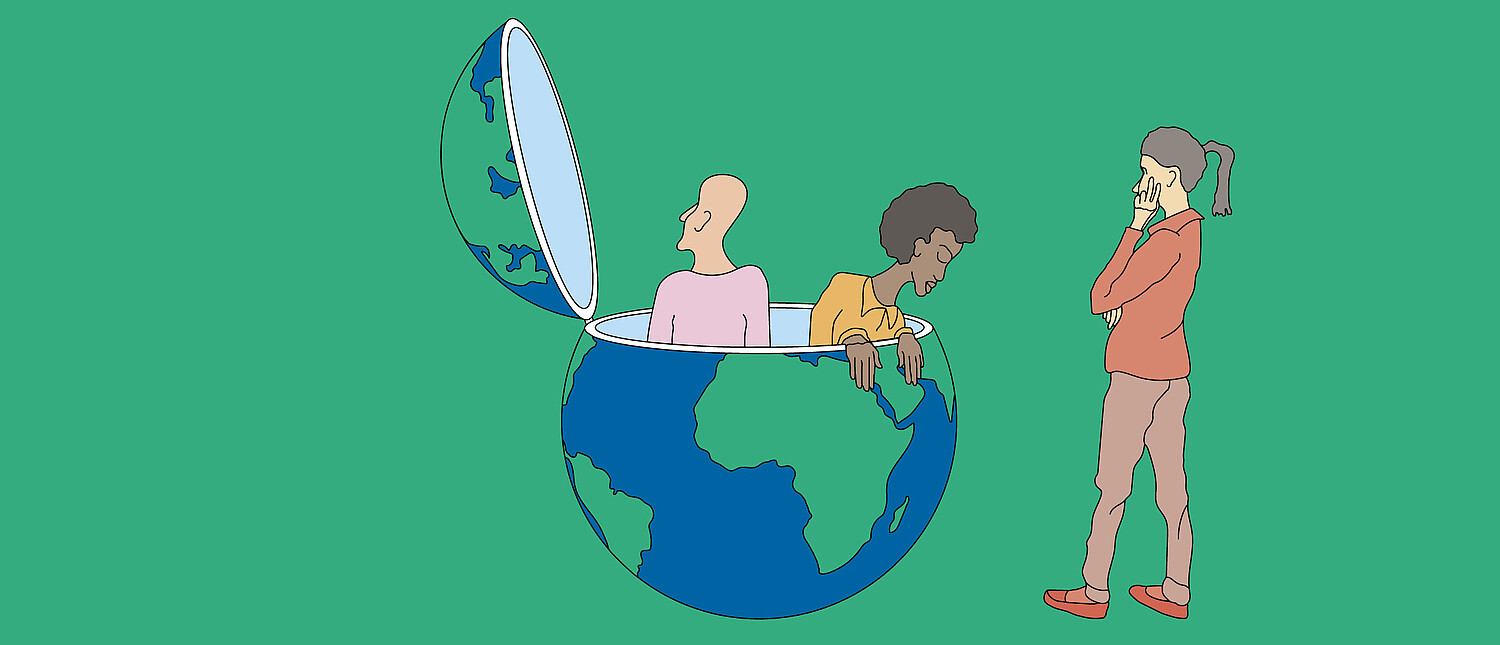
Staying international, going intercultural
Knowledge travels for free. So, universities have long been forerunners and shining examples of internationalization. Linguae francae such as Latin or, more recently, English have enabled scholars from many places of the world to join academic discourses, provided they had access to the knowledge sources of their times and could read and write the current common language in the field.

Internationalization came late as a buzzword in our businesses. Since our key product is knowledge, it is unnecessary to gather air miles to do the job; reading the relevant sources from abroad suffices. But it takes patience, rigor, and time. This isn’t too exciting for party animals, conference tourists, and social networkers who like to travel. In 1965, David Lodge wrote a novel on our species. It is called „Scenes of academic life“ and still makes very good reading. It explains why we have suffered so much from COVID-19: The virus caged the travel bug.
If there is relief from quarantines one day, and, equally important, if traveling is possible in a climate-friendly way for global networkers as it is for words, we certainly will travel again gladly – perhaps even better than ever before. The lockdown taught us what matters in global exchange: the human factor. Words reach our home offices virtually; in contrast, if we want to socialize on common ground-, we have to move physically.
But academically and economically sustainable socializing requires embodied presence and intercultural awareness. Our universities must, therefore, begin to focus on interculturalization. We have a long way to go. There are no air miles needed but rather open minds and wise prudence. This led to the decision to publish the ZHAW magazine Impact in English. It is meant to spread the word in a global community of applied scientists and practitioners.
The Latin verb communicare means to share our knowledge and grow it together. However, whether this magazine will help us communicate in this sense with a global audience depends on intercultural endeavors: finding common ground, common soil for ideas to flourish. We foster intercultural communication at ZHAW and expect a great impact. Enjoy this edition.
0 Comments
Be the First to Comment!